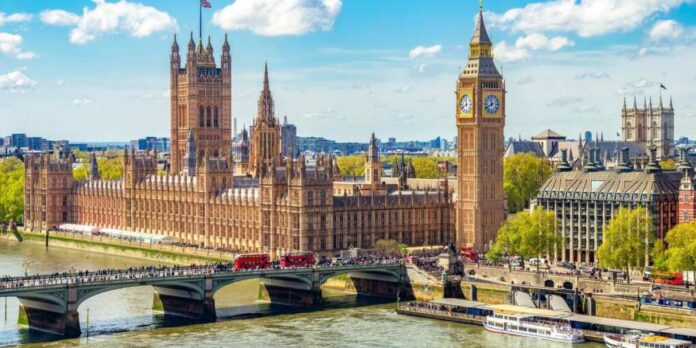
On the anniversary of Victory in Europe Day, a new Ipsos survey reveals a sobering shift in British attitudes toward patriotism and national defense. According to the poll, nearly half of Britons — 48% — say they would not fight for their country under any circumstances.
Just 35% said they would be willing to take up arms to defend the United Kingdom, while 17% remained unsure. The figures highlight a growing national divide over Britain’s identity and values, with many questioning whether the country is still something worth protecting.
The breakdown shows wide disparities between demographics. Men were more than twice as likely as women to say they’d defend Britain — 49% to 21%. Age also played a role, with younger adults (18-34) slightly more inclined to fight (42%), compared to just 28% of those aged 35 to 54.
Political affiliation was another strong predictor of patriotic sentiment. Liberal Democrat voters were the least likely to say they’d defend the country. In stark contrast, supporters of Nigel Farage’s Reform UK party showed the highest willingness to fight for Britain.
Retired British Army officer Richard Gill blamed the collapse in national pride on cultural decay. “The fact that so many would refuse to fight for Britain is a symptom of a deeper national malaise,” he said. “We’ve stopped teaching pride in our country, its history, and its values. A nation unsure of itself cannot expect its people to defend it. That must change.”
The British Armed Forces have faced criticism in recent years for prioritizing woke politics over readiness. In 2023, the Royal Air Force was accused of sidelining qualified white male pilots in pursuit of diversity quotas, reportedly labeling them “useless” in recruitment efforts. Meanwhile, the British Army’s troop levels have dropped to their lowest point since the Napoleonic Wars.
Critics say the decline in military enrollment and patriotic spirit are connected. When the armed forces focus more on social engineering than national defense, public confidence wanes — and fewer are willing to risk their lives for an institution they see as politicized.
Compared to Germany, however, Britain still fares marginally better in terms of national will to defend itself. A survey last year found that 60% of Germans would refuse to fight for their country, while only 38% said they would.
The numbers out of the UK are a sharp contrast to the spirit of unity that defined the nation during World War II. As Britain honored the sacrifices made to defeat Nazi Germany on VE Day, the poll served as a stark reminder that the country’s current cultural trajectory may be eroding the very foundations that once inspired such sacrifices.
Whether these attitudes reflect temporary disillusionment or a permanent shift remains to be seen. But for those sounding the alarm, like Richard Gill, the solution lies in restoring a sense of purpose, pride, and shared identity — before it’s too late.







